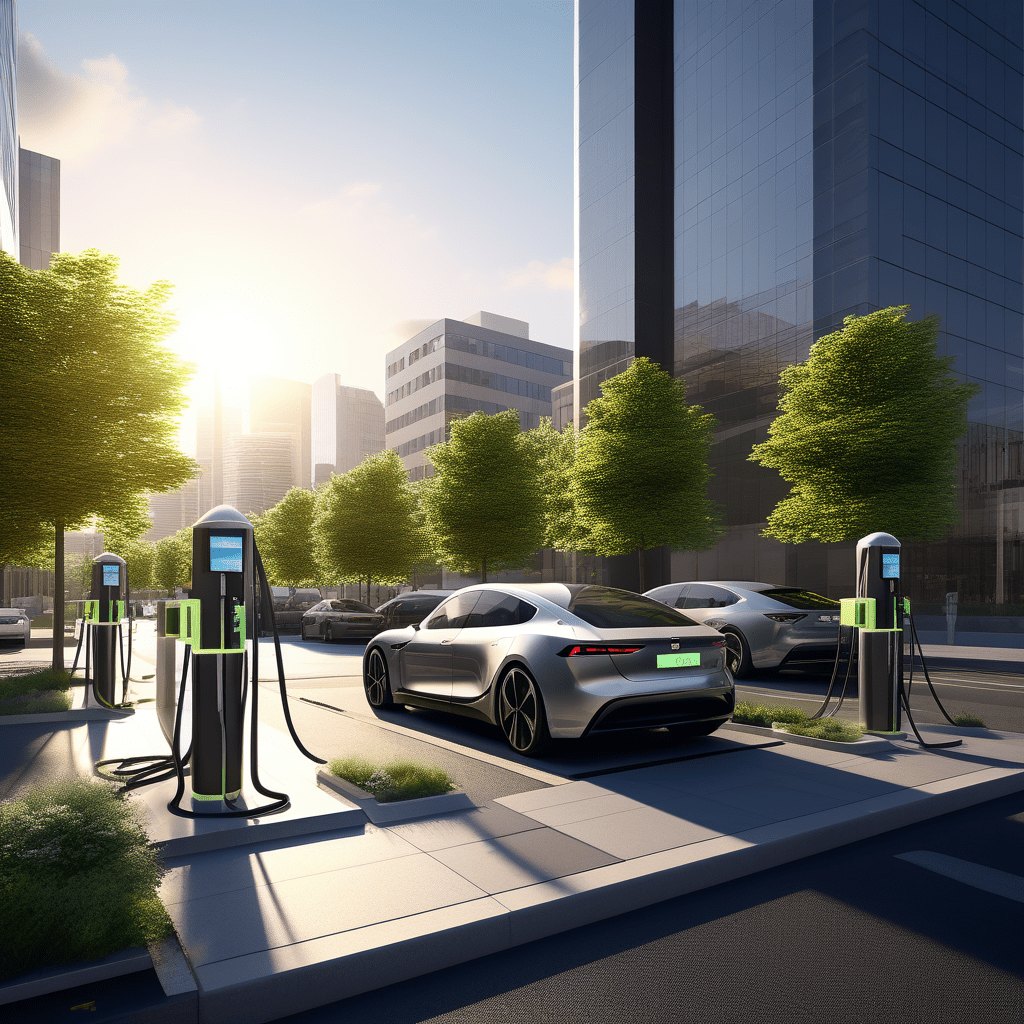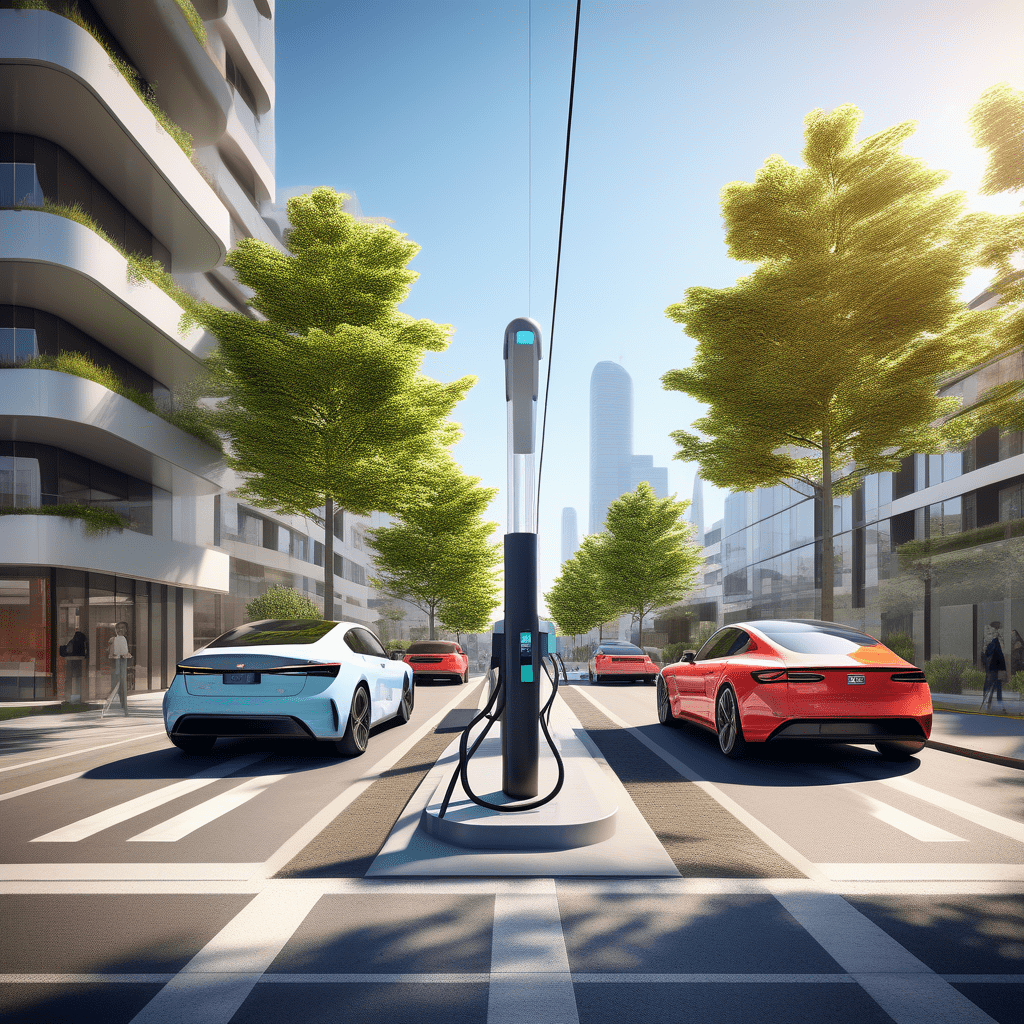The U.S. Department of Transportation has given Mesa the green light for its $11.8 million application to construct electric vehicle (EV) charging stations in the city. This approval is part of the Charging and Fueling Infrastructure grant program established by the 2021 Bipartisan Infrastructure Law, which allocated $2.5 billion for charging and alternative fueling stations in travel corridors and neighborhoods.
Grant Prioritization for Rural and Low-Income Areas
The competitive grants emphasize placing chargers in rural areas and low- to moderate-income neighborhoods with restricted private parking or a high concentration of multi-family dwellings. The versatility of the grants allows for the establishment of electric, hydrogen, propane, or natural gas stations.
Mesa’s Comprehensive Plan for EV Charging Hubs
Mesa’s application outlined a strategy to create 48 car charging ports and 10 electric bike ports distributed across eight solar-shaded charging hubs throughout the city. These hubs aim to enhance accessibility and convenience for EV users.
Assistant to the City Manager Ian Linssen expressed excitement about receiving the full requested funds, enabling the city to implement the plan on a citywide scale. U.S. Rep. Greg Stanton, along with both Arizona senators, applauded the decision, emphasizing the positive impact on clean energy jobs and emissions reduction.
Mesa’s $15 Million Plan: Focus on Downtown
In Mesa’s $15 million plan, downtown Mesa will witness the establishment of four hubs, each featuring five electric bike docking stations, four Level II 240-volt car-charging stations, and two Level III fast-charging stations. Level III fast chargers can recharge a vehicle to 80% in just 20 minutes to 1 hour.
Strategic Placement and Partnerships
Mesa aims to strategically place the charging hubs near major travel corridors with ample power availability. The matching funds for the federal grant can come from various sources, encouraging partnerships with the private sector, nonprofits, or government entities. Mayor John Giles stressed an inclusive approach, welcoming diverse collaborations.
Meeting Growing EV Demand
Despite the substantial grant, city planners acknowledge that the 48 ports will only partially meet Mesa’s charging infrastructure needs by 2030. The city anticipates a 1,000% increase in electric vehicles, reaching 47,000 by 2030, constituting 32% of all vehicles on the road. To meet this demand, an average of 386 ports needs to be built per year over the next seven years.
Challenges and Skepticism
Councilman Mark Freeman expressed skepticism about the pace of EV adoption, citing an anecdote of a fuel center with more gas pumps than Tesla chargers. He highlighted the need to observe market evolution and pressures while providing charging stations for the community.
Conclusion: Navigating Challenges in the Electric Vehicle Revolution
As Mesa embarks on this ambitious plan to revolutionize its EV charging infrastructure, challenges and opportunities lie ahead. The city’s proactive approach and the substantial federal grant pave the way for a cleaner, more sustainable transportation future. However, addressing skepticism, accommodating diverse partnerships, and adapting to evolving market dynamics will be crucial for Mesa’s success in navigating the electric vehicle revolution.








Leave a Reply